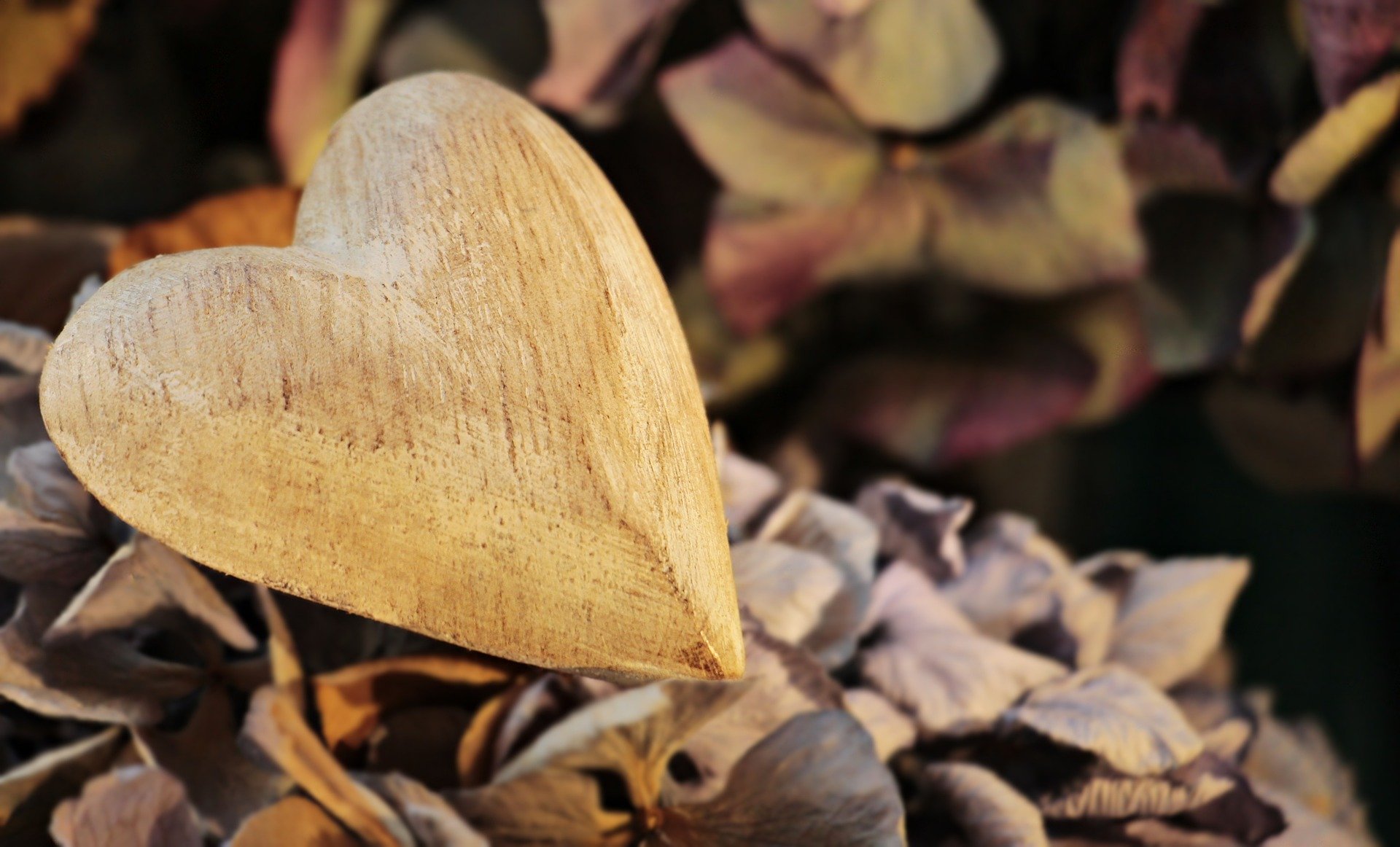The word gratitude has its origin from the Latin word gratus which means pleasing, thankful. To put it simply, gratitude is a positive emotional state in which we can recognise and appreciate what we have received in life – it may be things or experiences, that we can see or cannot see. So how do we develop an ‘Attitude of Gratitude‘.
Why am I talking about gratitude? It is because experiencing gratitude and sharing it with grace has a host of positive benefits. Research shows that experiencing gratitude makes people both happier and healthier. It can improve our mood and lower stress levels, it can even strengthen our immune system and lower our blood pressure. It can us feel emotionally stronger, have a better social connection, and improve relationships.
While there are many research papers on this subject, the famous paper by Emmons and McCullough (2003), Counting Blessings Versus Burdens: An Experimental Investigation of Gratitude and Subjective Well-Being in Daily Life explains it beautifully.
I’m sure all of us or most of us are seeking happiness, and why not? Well, practising gratitude is one of the ways to experience a happy emotional state. Having said experiencing gratitude has positive outcomes, let’s now explore how to cultivate the attitude of gratitude so that our lives could become happier and healthier.
We can only experience the feeling of gratitude when we have the grace to appreciate what we have in our life.
Most of us live life allowing our mind to rule, but a seeker lives life by his will. In other words, a seeker has transformed his mind into the will.
Become a Seeker!
I strongly advocate that we become seekers. It is quite simple, start by choosing something small like focusing on your meal or savouring it. Whatever you choose, do it once and then experiment a few times during the day. While doing this activity one has to enjoy the experience and mentally appreciate whoever has made it possible and everything about it. Then write down the experience and wherever possible thank the person who made it possible for you to enjoy the moment.
Once you start doing this for different things that happen in your life, you will start appreciating both your known and unknown benefactors. Say, when we take a walk in the park and look at the beautiful blossoms in the park. we would surely appreciate God the creator and then the gardener of the park for nurturing the plants. If we see the gardener, we can express our appreciation and thank him for the great work he is doing.
The true power of gratitude can’t be expressed in words. Words, like thank you, seem to be so small in front of the overwhelming expression of gratitude. As we begin to start savouring things, actions, people around us, we will start experiencing the emotion of gratefulness.
Share Your Gratitude...
The next step after we start experiencing gratitude is to share our gratitude in words or deeds. This sharing will bring both the giver and the receiver joy.
Cultivating the attitude of gratitude can become truly simple once we pursue it as a seeker. Let us begin practising some of these:
- Our own self – mind and body
- Our relationships – family, friends
- Opportunities that we have
- The food on our table
- The roof over our head
- Our teachers
- The job we have
- The air we breathe
- The bounties of nature
- The beautiful experiences
- God The Almighty
Let us start appreciating the countless blessings that have been showered upon us – things we often took for granted.
The more we appreciate, the more we will value our blessings. When we begin to accept with grace and in turn give back with grace, the attitude of gratitude will become our way of life!




